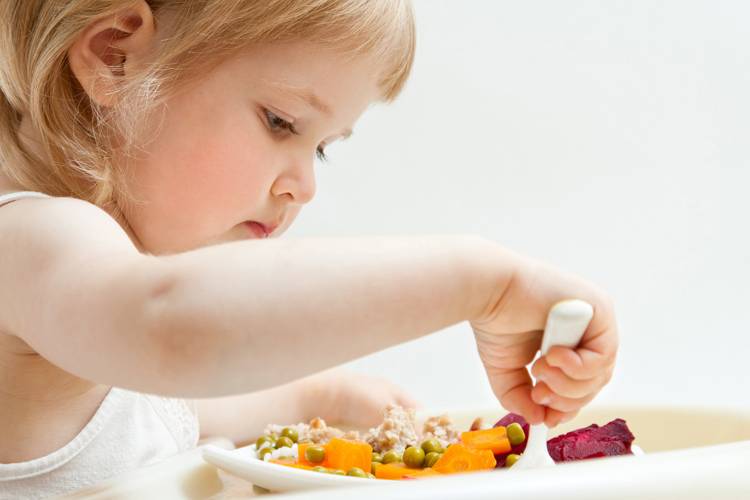Enjoying good food without expecting it as a reward
On many occasions we resort to food as a way to escape situations which affect us emotionally, both negatively and positively. Food can be a way to celebrate occasions, as it is a way for us to try and face a stressful day, among other things.
child care
Share

These associations often originate in our childhood. If we reward children with sweets when they are sad, as a consolation, they will probably resort to food throughout life, whenever they are faced with a difficult situation.
These circumstances, known as “emotional eating”, provide temporary satisfaction, provisional pleasure which tends to disappear when we stop eating. It is important to know how to distinguish between physical hunger and emotional hunger, and to pass this knowledge onto children.
FOOD: NEVER AS A REWARD
Educating a child through food, as a system of rewards and punishments, should be avoided. Not producing these associations will make it easier to prevent short and long term health problems such as excess weight and obesity, eating disorders, etc. To do so, it is a good idea to find other ways for children to face situations and emotions without resorting to food.
Educating a child through food, as a system of rewards and punishments, should be avoided
Also, food that we usually reward children with (ice cream, sweets, chips…) usually is not very healthy. By giving them sweets, we are giving them the opposite message, making them perceive that unhealthy food is better:. This type of association may be maintained throughout their whole lives, making highly calorific foods a prize or consolation for them. If despite everything, you do want to reward your children on some occasion, you can opt for healthier snacks, such as fruit skewers, for example.

THE IMPORTANCE OF GOOD HABITS
Children work well with routines. It is recommended to establish a meal timetable to prevent them from snacking between meals, as well as to create a pleasant atmosphere at the table, enabling you to enjoy family time.
Knowing how to recognise what causes us to eat emotionally can help us to know the get to know problem and to find solutions before bad habits become permanent ones, which are very difficult to overcome at an adult age. Communication between educators and parents is also essential. Some of these habits can be:
•Craving specific foods or food types.
•Eating more food than usual.
•Feeling guilty for eating.
•Feeling an urgent need to eat.
•Eating outside of mealtimes.
•Eating in secret.
TIPS FOR HEALTHY EATING
• Serve fruit and vegetables creatively, to make them more appetising.
• Never force them to eat, because it can be counterproductive. Talk to them and find out why they refuse to do so.
• Cook with them. If they help to make recipes, it is easier to make them eat the meal afterwards.
• Avoid distractions, such as television. It will be more difficult for them to concentrate on the meal.
• If they eat a lot, give them low-calorie meals. Also, between mealtimes, it is important that they drink a lot of water.
• Do not let them skip meals, especially breakfast. They will be hungrier at the next meal and will tend to overeat.
• Set an example. If we demand them to eat a varied diet, it is important that they see their parents doing them same.






